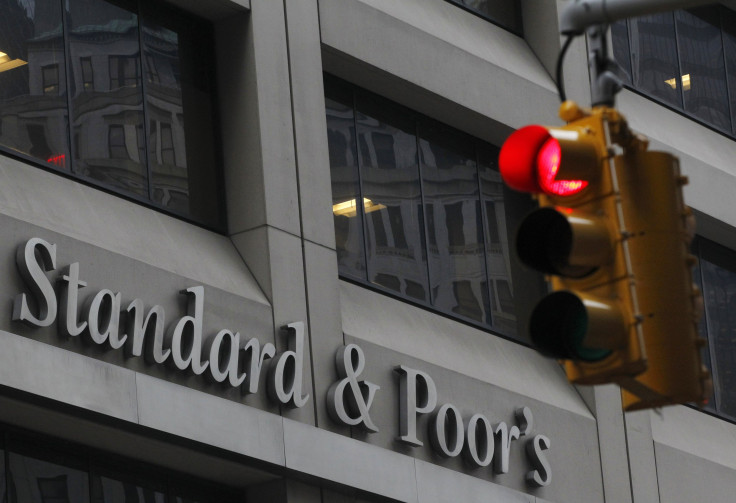S&P Earnings Signal A Market Top

Momentum is changing on Wall Street in this reporting season. S&P 500 companies that beat earnings estimates are rewarded less by markets than in previous seasons. Meanwhile, companies that miss earnings estimates are penalized more than in the past.
That's according to FactSet, which keeps a close tally on the earnings reports of the S&P 500 companies and the way Wall Street reacts to them.
"To date, 84% of the companies in the S&P 500 have reported earnings for the fourth quarter," said John Butters, vice president and senior earnings analyst at FactSet. "Of these companies, 77% have reported actual EPS above the mean EPS estimate, which is slightly above the five-year average of 76%. In aggregate, earnings have exceeded estimates by 8.5%, which is slightly below the five-year average of 8.6%."
Wall Street "is rewarding positive earnings surprises less than average and punishing negative earnings surprises more than average," he added.
Companies that beat market expectations for Q4 2021 have registered an average price gain of 0.2% two days before the earnings release through two days after the earnings release.
"This percentage increase is smaller than the five-year average price increase of 0.8% during this same window for companies reporting positive earnings surprises," explained Butters. "This is the smallest average price increase for S&P 500 companies reporting positive EPS surprises since Q4 2020 [+0.04%]."
For those who have been around Wall Street long enough, this trading pattern is a sign of a market top. And companies that missed analyst estimates sent traders and investors running for cover.
What can explain this trading pattern?
A couple of things.
One of them is valuations. Trading at a PE of around 25, the S&P 500 is close to 60% overvalued compared to the historical average of 15.97 (https://www.multpl.com/s-p-
Then there's the prospect of rising interest rates. The Federal Reserve has already been tapering, meaning rolling back its bond-buying program, pushing long-term interest rates higher.
The nation's central bank is getting ready to hike short-term interest rates at its March meeting, followed by several hikes for the rest of the year.
Rising interest rates are a double negative for the shares of listed companies. They can slow down the U.S. economy, hurting sales and earnings. And they make future earnings less valuable today.
Financial markets are discounting mechanisms. Prices of broad assets already reflect any good or insufficient piece of public information. The crucial question for traders and investors is whether the news on the interest-rate front will become better or worse from here, which depends on the pace of inflation in the next few months.
© Copyright IBTimes 2025. All rights reserved.






















